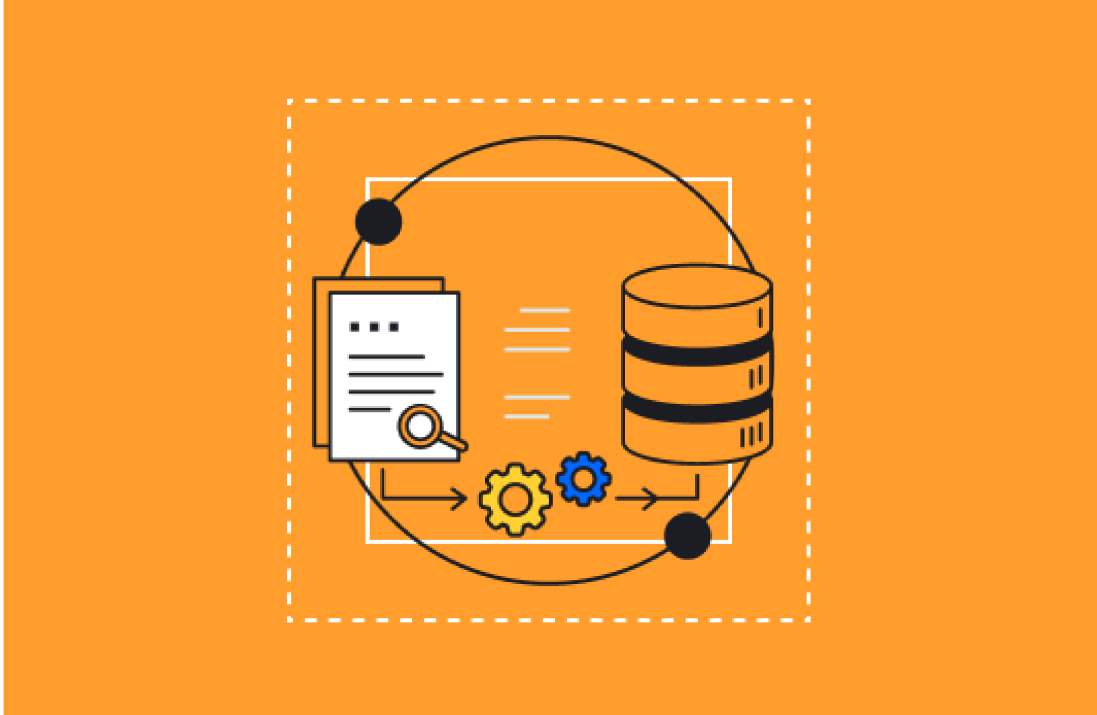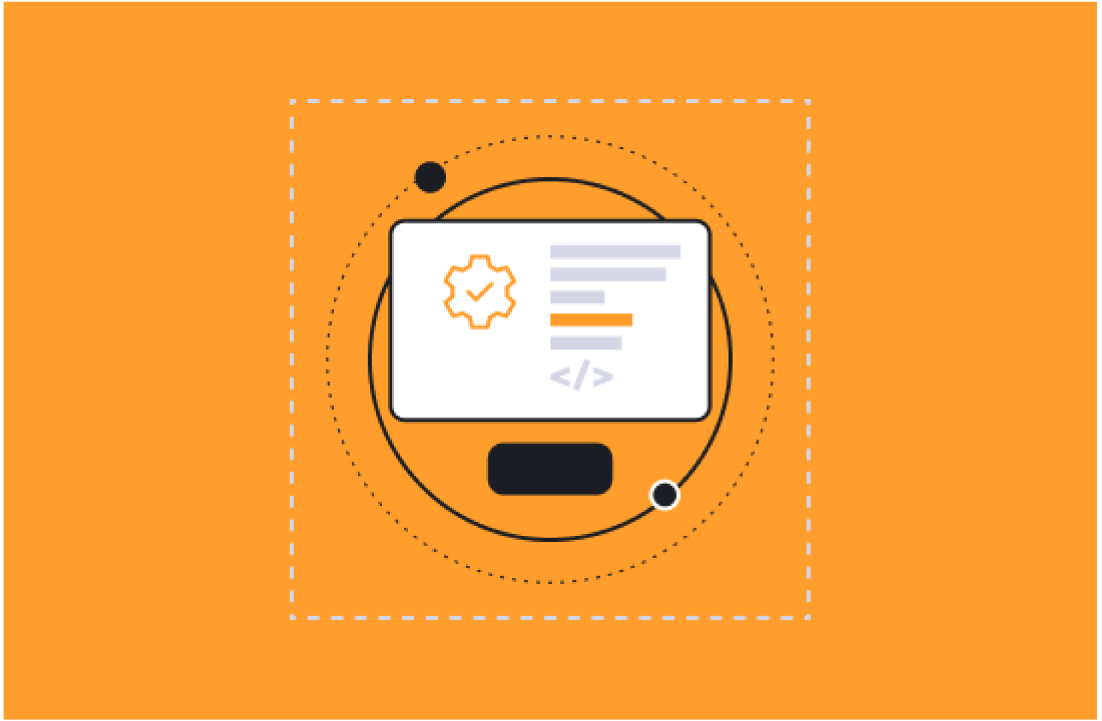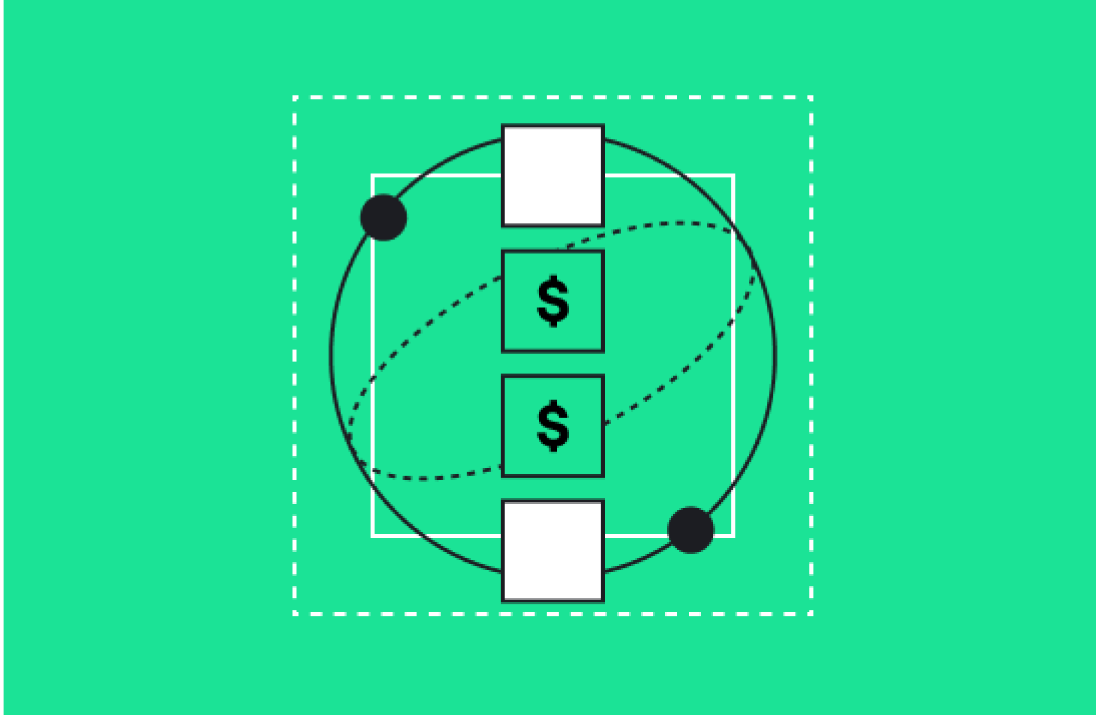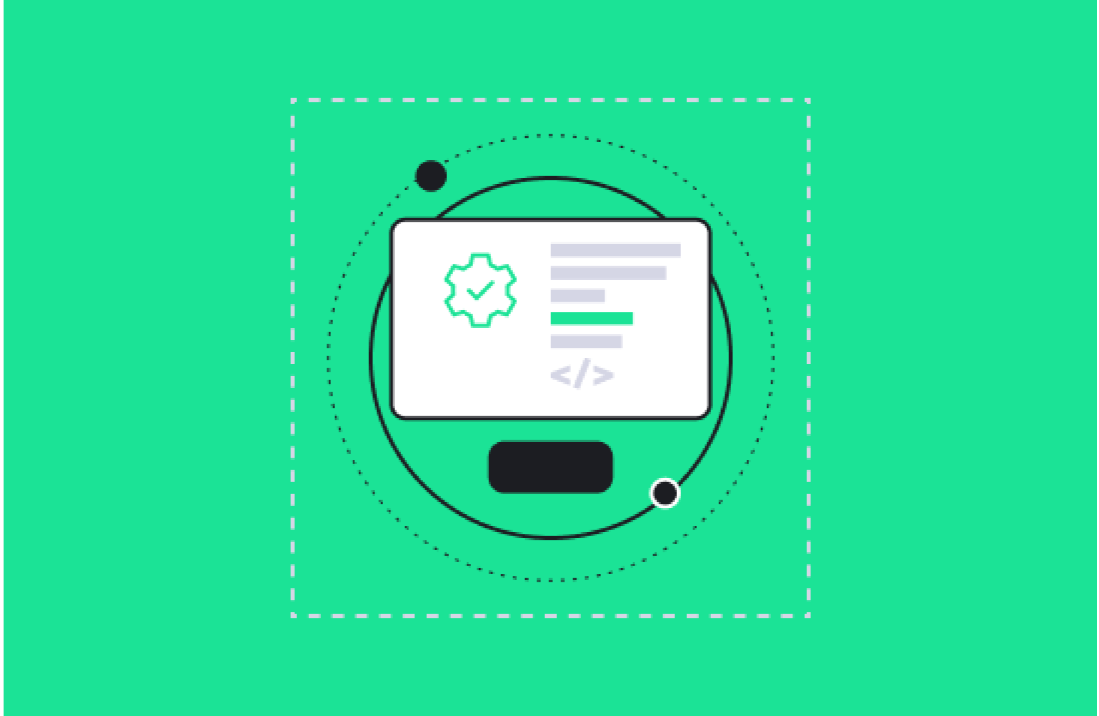In today’s competitive market, businesses are under pressure to streamline operations, reduce overhead, and align teams more effectively. One key opportunity lies in consolidating your tech stack, especially if you’re using both Salesforce and HubSpot.
Messy or missing data due to the setup or limitations of integrations
User confusion when your team doesn’t know which system to use or which data to trust
Increased employee onboarding time, as you have to train them on multiple systems or decreased adoption if they only learn one tool
Increased costs, as you are paying for multiple tools that offer the same or similar functionality}
Many companies run these platforms side by side: Salesforce as the central CRM and reporting engine, and HubSpot for marketing automation and website management. But running both can create data silos, training challenges, and unnecessary spend.
That’s why more businesses are choosing to migrate from Salesforce to HubSpot, eliminating duplication and lowering costs by unifying sales and marketing in a single CRM.
This expensive multi-system setup is one that is still commonly used by enterprise companies, but also by mid-sized and even small businesses. These companies could gain significant advantages and see some serious cost savings if they consolidated their tech stack and only used HubSpot as both CRM and MAP.
Reaching Feature Parity: HubSpot Has Closed the Gap
10 years ago, when I first learned about HubSpot, using both systems made sense. 1 year later, in 2014, HubSpot introduced HubSpot’s free CRM tool, and the line between HubSpot and Salesforce began to blur.
Here are some notable feature updates and releases since HubSpot CRM was released:
2016 - HubSpot Mobile App:
Allowing users to manage calls, emails, meetings, and more from their phones.
2023 - ChatSpot.AI
A GPT-powered artificial intelligence assistant to help you do everything you need to do in HubSpot.
The Cost of Using HubSpot for Marketing, Sales, and Service
Using HubSpot’s pricing tool, I’ve put together a couple of scenarios that should give you a good idea of what companies might actually pay.
Scenario 1: Company uses HubSpot & Salesforce
A mature mid-sized business that uses HubSpot for Marketing and Salesforce for Sales and Service.
HubSpot products:
➢ Marketing Hub Enterprise
➢ CMS Hub Enterprise
➢ 100,000 Marketing Contacts (and up to 1 million non-marketing contacts)
Total cost of HubSpot: $67,800/yr
Scenario 2: Company uses just HubSpot
A mature mid-sized business that uses HubSpot for Marketing, Sales, and Service.
HubSpot products:
➢ CRM Suite Bundle
- Marketing Hub Enterprise
- Sales Hub Enterprise
- Service Hub Enterprise
- CMS Hub Enterprise
- Operations Hub Enterprise
➢ 100,000 Marketing Contacts (and up to 1 million non-marketing contacts)
➢ 10 Sales user licenses
➢ 10 Service user licenses
Total cost of HubSpot: $70,200/yr
Now, you’ll notice that I didn’t include pricing for Salesforce in this analysis. That’s because Salesforce is less transparent about its pricing and I wasn’t able to play around with different scenarios.
According to industry research, the average cost of using Salesforce for a mid-sized company can range from $45,000 to $150,000 per year, depending on the number of users and features needed.
Looking at the differences in costs between the two scenarios, unless you are somehow paying less than $2,400 a year for Salesforce, then you would save a boatload of money by switching your Sales and Services teams to using HubSpot and taking advantage of the CRM Suite bundled discount.
Even if you factor in the cost to migrate and the temporary loss of productivity during the transition, you would see ROI within a year or two.
Plus, you’ll get additional long-term advantages like increased alignment between teams, easier employee onboarding, faster support request responses, and cleaner data.
Consolidate & Save: Learn how Marq saved $77,000/yr by migrating from a Salesforce-based tech stack to HubSpot. |
So why are companies still using both?
Considering these substantial improvements to HubSpot’s feature set and the negligible price difference, I was curious why companies would choose to continue using both systems. So, I went to actual users and asked the question:
-1.png?width=581&height=287&name=Frame%201%20(2)-1.png)
Responses fell into three categories:
Siloed marketing & sales teams
Several commenters referenced a split between Marketing and Sales. When these teams are managed entirely separately, they develop their own tech stacks. It’s the result of differing leadership preferences, lack of communication between teams, and misalignment of goals.
➢ “I’ve seen marketing default to Hubspot and Sales to Salesforce for about 15 SaaS companies I’ve consulted with. Typically siloed goals and objectives at the biz level and lack of ops as resulted in disjointed synergies.”
➢ “Sales is married to one, Marketing is married to the other, neither wants to be persuaded to change.”
➢“It’s a way to let Sales have ownership of their tool and Marketing to have a separate tool to build out campaigns and marketing operations.”
Perceived lack of HubSpot functionality
A handful of responders called out Salesforce features or use cases that they didn’t think were possible using HubSpot. HubSpot users were quick to point out that several of the features mentioned below are indeed possible within HubSpot or with relatively inexpensive HubSpot apps.
➢ "Can you in HubSpot use workflows based on labels in associated companies in the deal? Can you fix the unit price of an SKU? The deal/CPQ part of HubSpot isn’t good without extra efforts from a 3rd party tool. Also, can’t make mandatory fields in the deal pipeline that are not sitting in the deal object."
➢ “I'm a big fan of HubSpot, but the marketing campaign tracking is much better in SalesForce. HubSpot's campaign tracking only works well in a purely inbound model, which isn't how most B2B companies are”
➢ “Salesforce has more accurate forecasting but the Hubspot Marketing suite is pretty legit (when built out correctly)!”
Sunk-cost of Salesforce
By far the most commented reason for using both HubSpot and Salesforce was that too much of the company’s infrastructure was already built on Salesforce before HubSpot had a robust CRM offering, and now they feel stuck with it.
➢ “Salesforce was here first 🤷♂️”
➢ “The good old "we're too invested" - ha”
➢ “Historical reasons - for most of the clients I speak to, Salesforce was put in years ago and HubSpot was just for marketing”
P.S. One commenter managed to hit all 3 of these points in a single, concise comment:
➢ “Using Salesforce Sales and Service and HubSpot MAP. Salesforce was here first but reporting is my biggest gripe with HubSpot”
It’s Time to Lose the Dead Weight
While it's true that Salesforce has been a popular CRM tool for many years, HubSpot's CRM tool has evolved to be just as capable, if not more so.
HubSpot's CRM offers all the advanced features that your sales & service teams need. Additionally, HubSpot's CRM is seamlessly integrated with its marketing automation platform, eliminating the need for a separate marketing automation tool like Salesforce's Marketing Cloud, Marketo, or Pardot.
HubSpot's all-in-one solution allows companies to manage their entire sales and marketing process in a single platform, saving time and effort. So, why are you still using both?
Contact us at Aptitude 8 to find out how you can consolidate and save.






